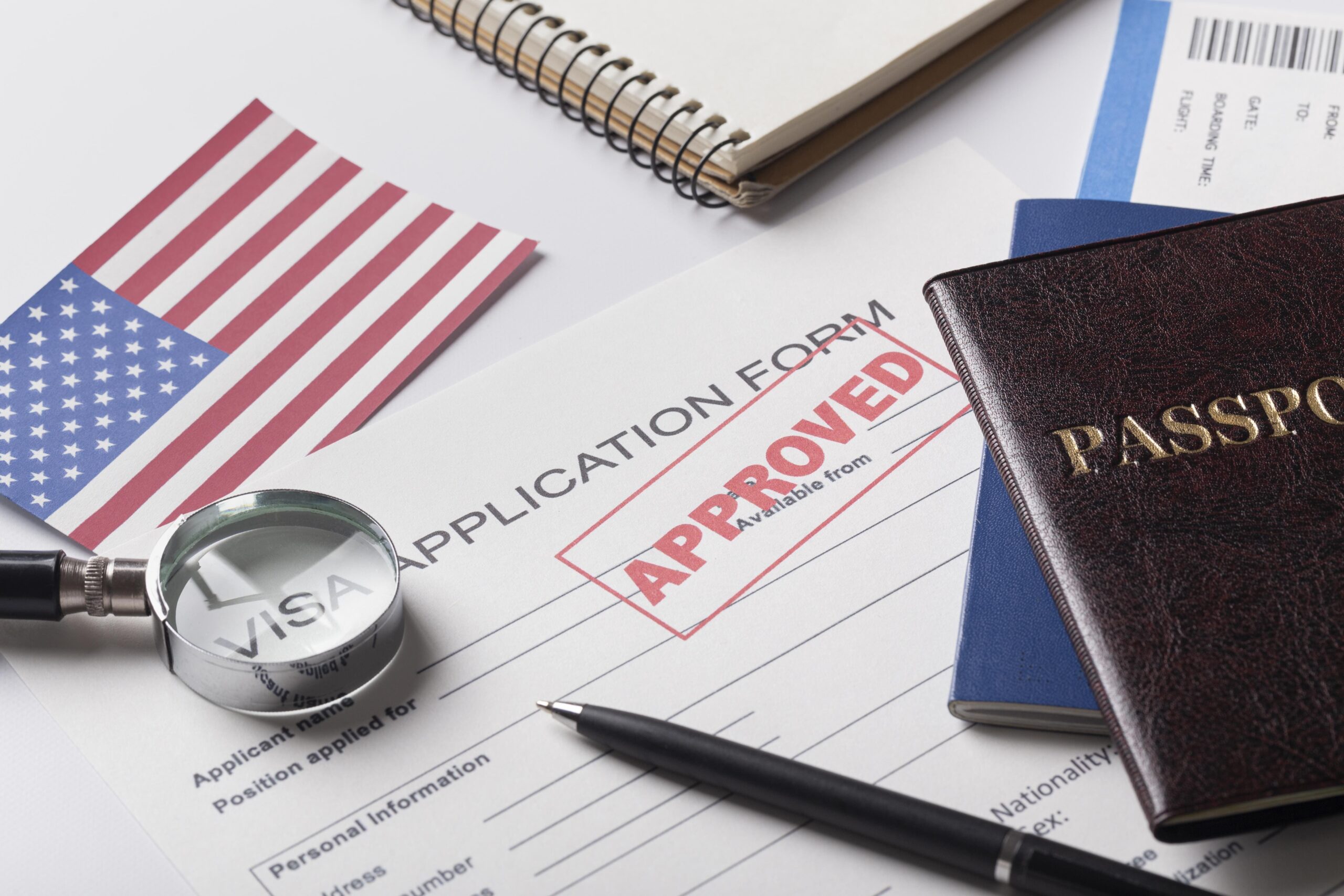One of the most important ways for overseas students to obtain practical experience after graduation in the United States has long been through the Optional Practical Training (OPT) program. Recent events, however, raise the possibility that the program may be subject to more scrutiny and regulatory changes, which would leave many students unsure of their employment prospects in the future.
What Is the OPT Program?
The OPT program allows international students on F-1 visas to work in fields related to their studies for up to 12 months after graduation. Those with STEM degrees can extend this period by an additional 24 months, making it a total of 36 months of authorized work in the U.S.
While this program has been beneficial for both students and employers, critics argue that it lacks proper oversight, making it susceptible to misuse. The recent crackdown on immigration policies under the Trump administration has once again put OPT and CPT programs for international students in the spotlight.
What is the difference between OPT and CPT
An alternative to OPT for work authorization is the Curricular Practical Training (CPT) program for international students. CPT is work authorization during studies and needs to be connected to a student’s academic program, whereas OPT is usually used after graduation. Nonetheless, some sources indicate that future rules may become more stringent if CPT and OPT programs are misused.
The H-1B Visa and OPT’s Relationship
An H-1B visa, which permits skilled professionals to remain and work in the United States for an extended period of time, is obtained by many overseas students using OPT as a stepping stone. However, the shift from OPT to H-1B is becoming more difficult due to changes in immigration laws, such as expanded RFEs (Requests for Evidence) and increased scrutiny of H-1B petitions.
Potential Changes & Their Impact on International Students

Business Today claims that the OPT and CPT programs were already at risk due to former US President Donald Trump’s immigration policy. If comparable regulations are strengthened, we might observe:
- More stringent guidelines for OPT employers to follow
- Additional restrictions on renewals of STEM OPT
- H-1B visa denials for previous OPT holders have increased.
This implies that proper planning is crucial for international students. Employers may be reluctant to hire OPT students out of concern for potential legal issues.
How Stencil Helps Navigate Immigration Changes
We at Stencil are aware of the difficulties international students encounter while attempting to comply with the intricate OPT, CPT, and H-1B visa regulations. Students benefit from our professional career support and immigration advice services:
- Stay updated on immigration changes
- Secure compliant job opportunities
- Transition smoothly from OPT to H-1B sponsorship
Students must be aware and proactive due to the ongoing changes in immigration regulations. Stencil is available to assist overseas students who are worried about their rights to work under OPT or CPT.
Visit our website to stay up to date on the most recent changes to employment and visa regulations.







